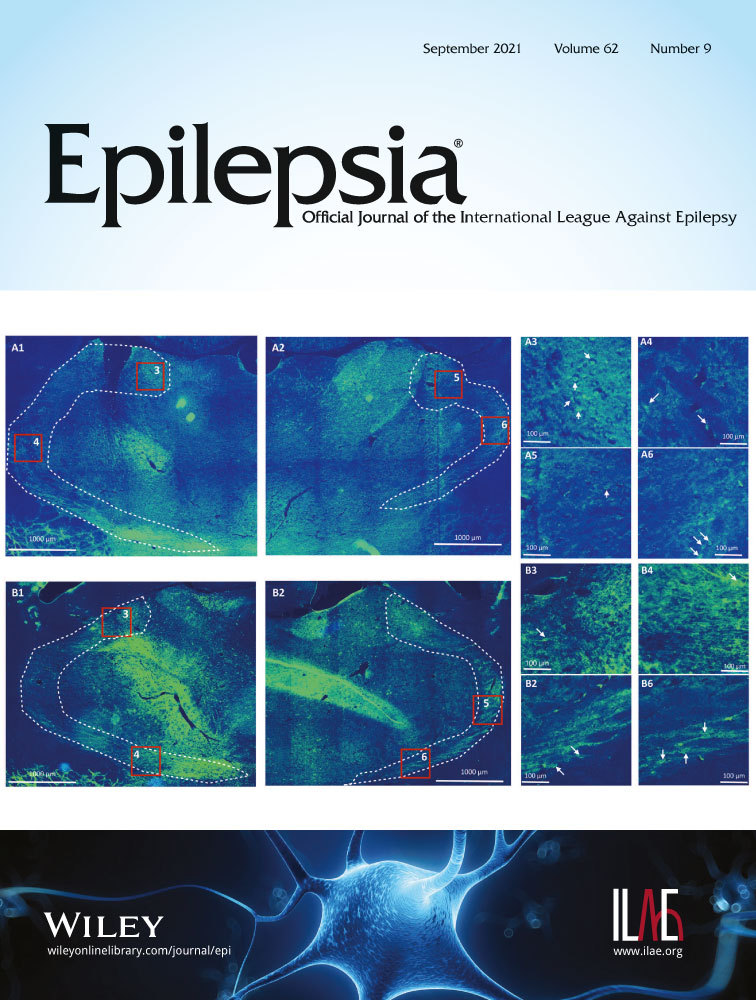Patient specific prediction of temporal lobe epilepsy surgical outcomes
Marco Benjumeda, Yee-leng Tan, and Karina A. González Otárula contributed equally to the manuscript.
Abstract
Objective
Drug-resistant temporal lobe epilepsy (TLE) is the most common type of epilepsy for which patients undergo surgery. Despite the best clinical judgment and currently available prediction algorithms, surgical outcomes remain variable. We aimed to build and to evaluate the performance of multidimensional Bayesian network classifiers (MBCs), a type of probabilistic graphical model, at predicting probability of seizure freedom after TLE surgery.
Methods
Clinical, neurophysiological, and imaging variables were collected from 231 TLE patients who underwent surgery at the University of California, San Francisco (UCSF) or the Montreal Neurological Institute (MNI) over a 15-year period. Postsurgical Engel outcomes at year 1 (Y1), Y2, and Y5 were analyzed as primary end points. We trained an MBC model on combined data sets from both institutions. Bootstrap bias corrected cross-validation (BBC-CV) was used to evaluate the performance of the models.
Results
The MBC was compared with logistic regression and Cox proportional hazards according to the area under the receiver-operating characteristic curve (AUC). The MBC achieved an AUC of 0.67 at Y1, 0.72 at Y2, and 0.67 at Y5, which indicates modest performance yet superior to what has been reported in the state-of-the-art studies to date.
Significance
The MBC can more precisely encode probabilistic relationships between predictors and class variables (Engel outcomes), achieving promising experimental results compared to other well-known statistical methods. Multisite application of the MBC could further optimize its classification accuracy with prospective data sets. Online access to the MBC is provided, paving the way for its use as an adjunct clinical tool in aiding pre-operative TLE surgical counseling.
CONFLICT OF INTEREST
None of the authors has any conflict of interest to disclose. We confirm that we have read the Journal's position on issues involved in ethical publication and affirm that this report is consistent with those guidelines.




